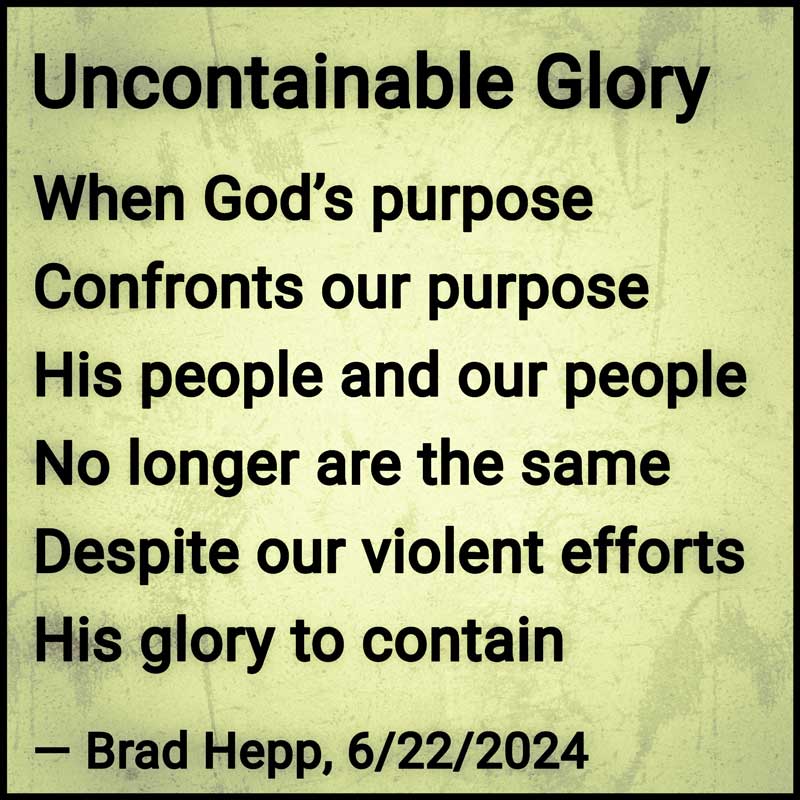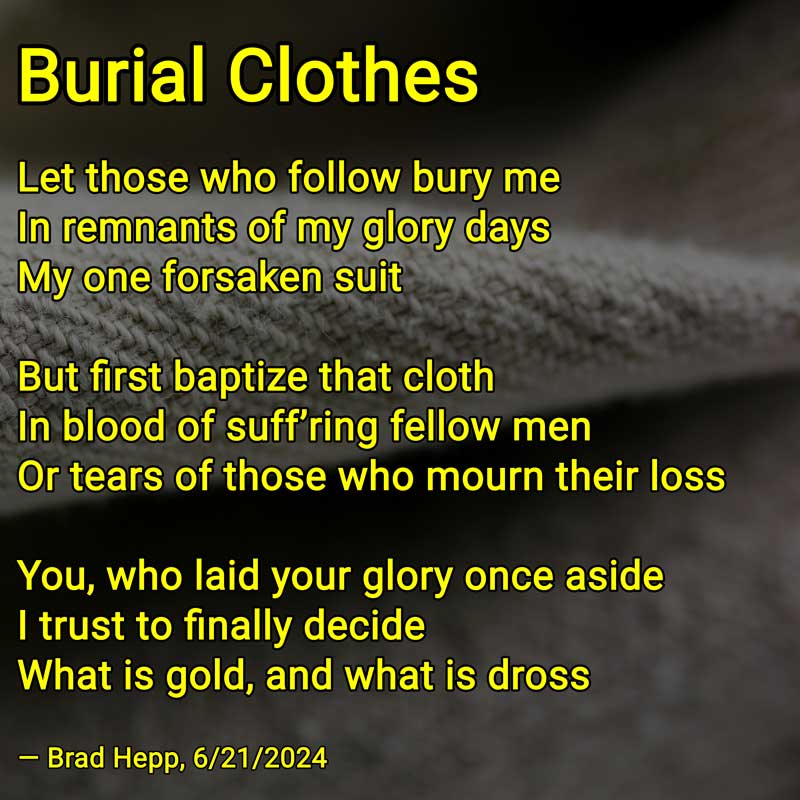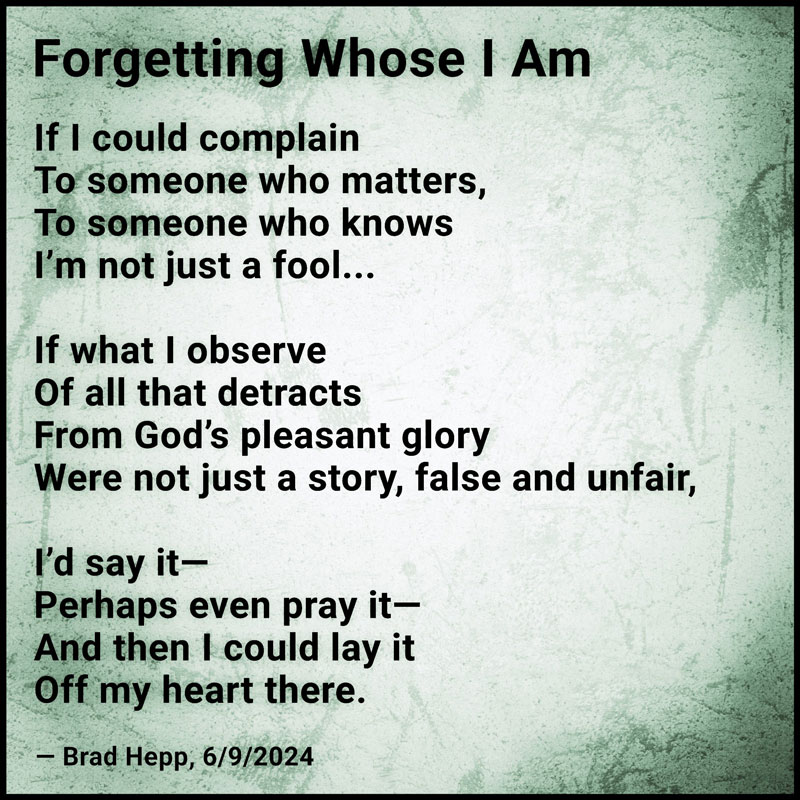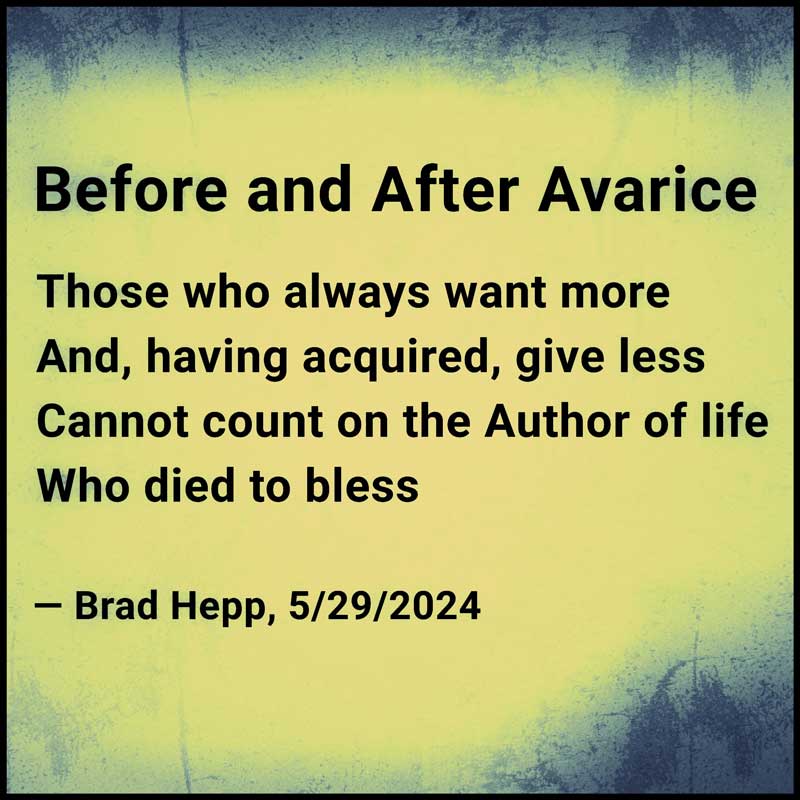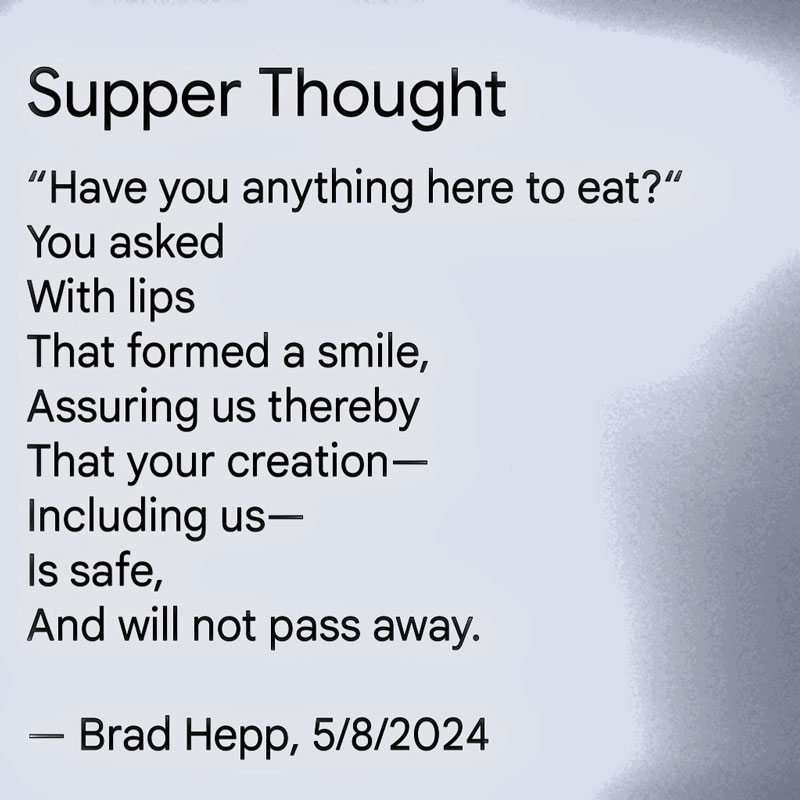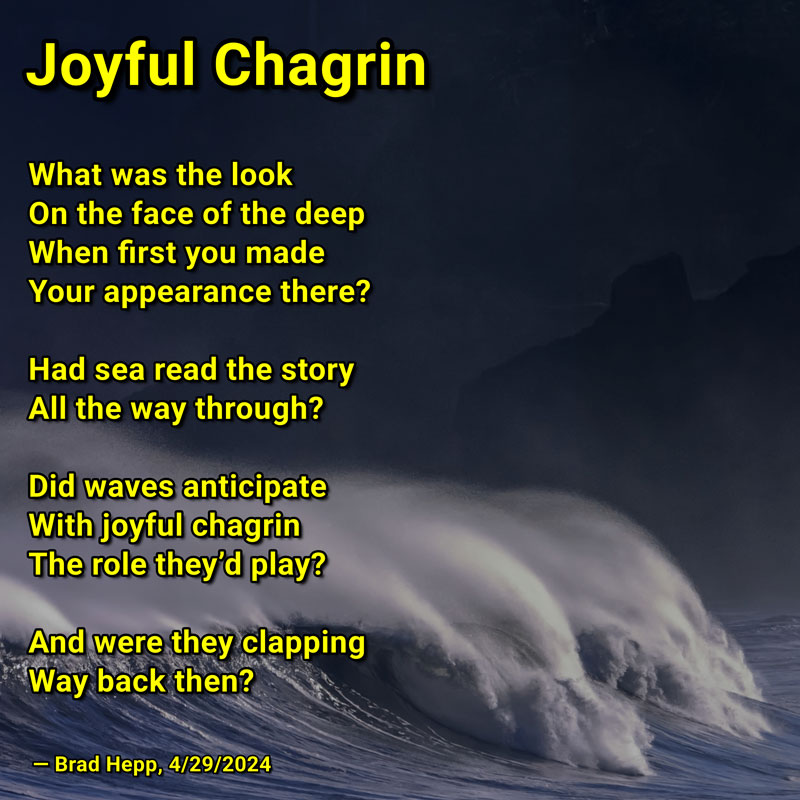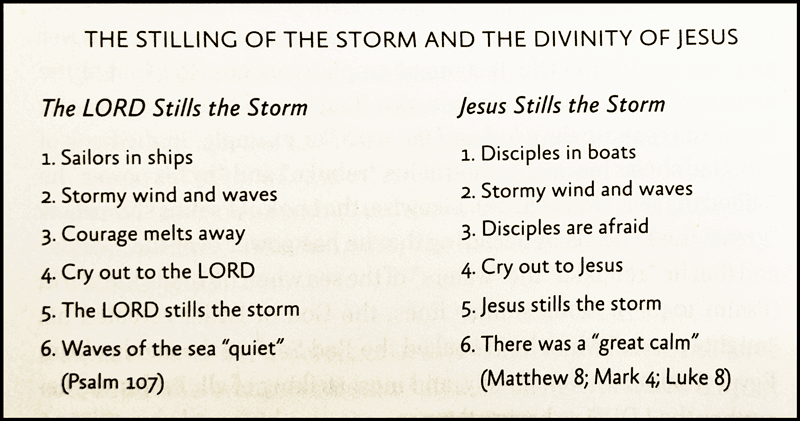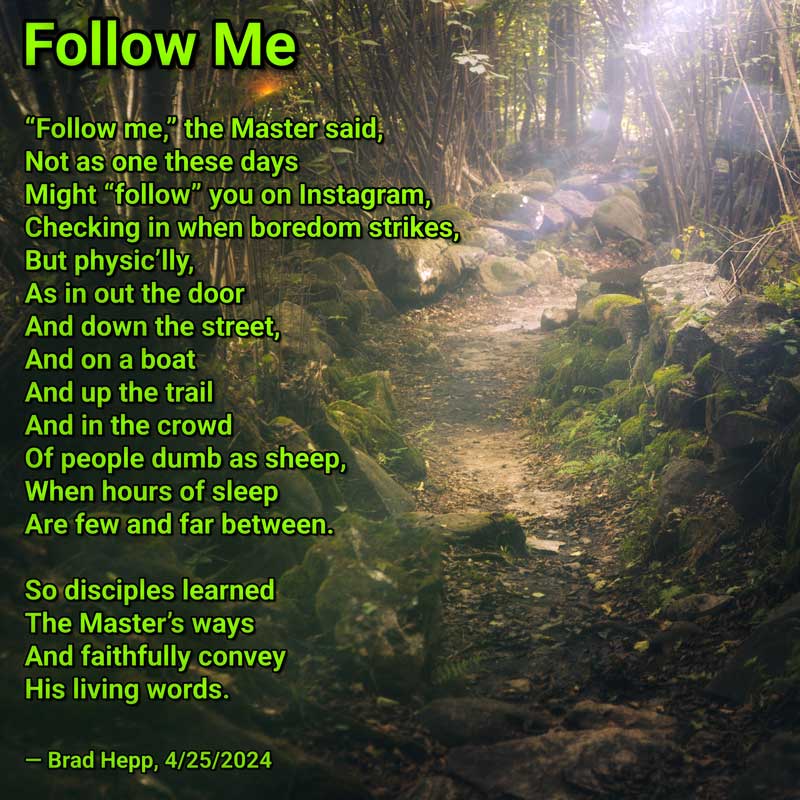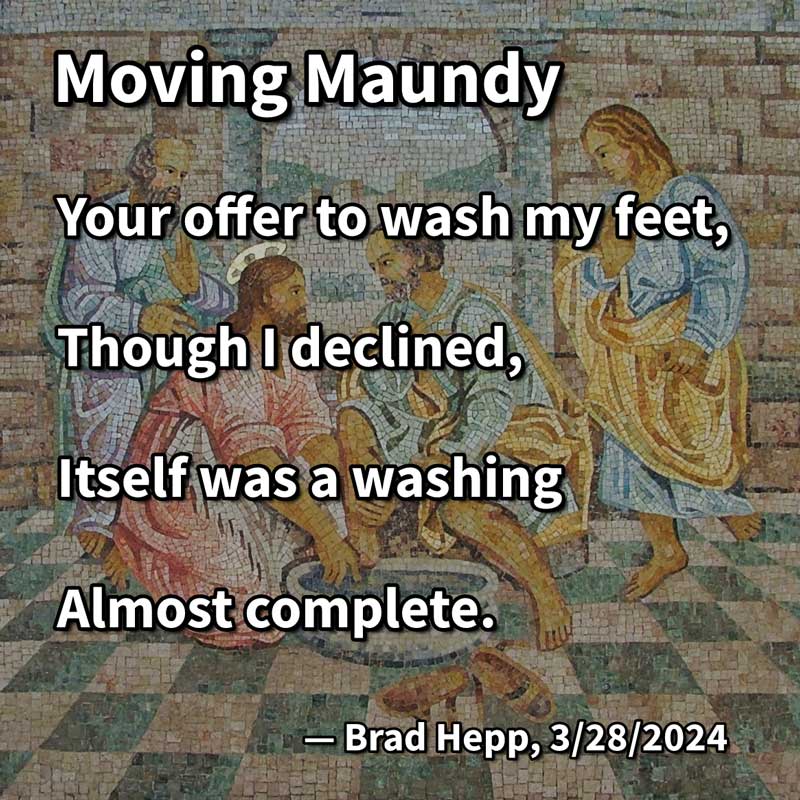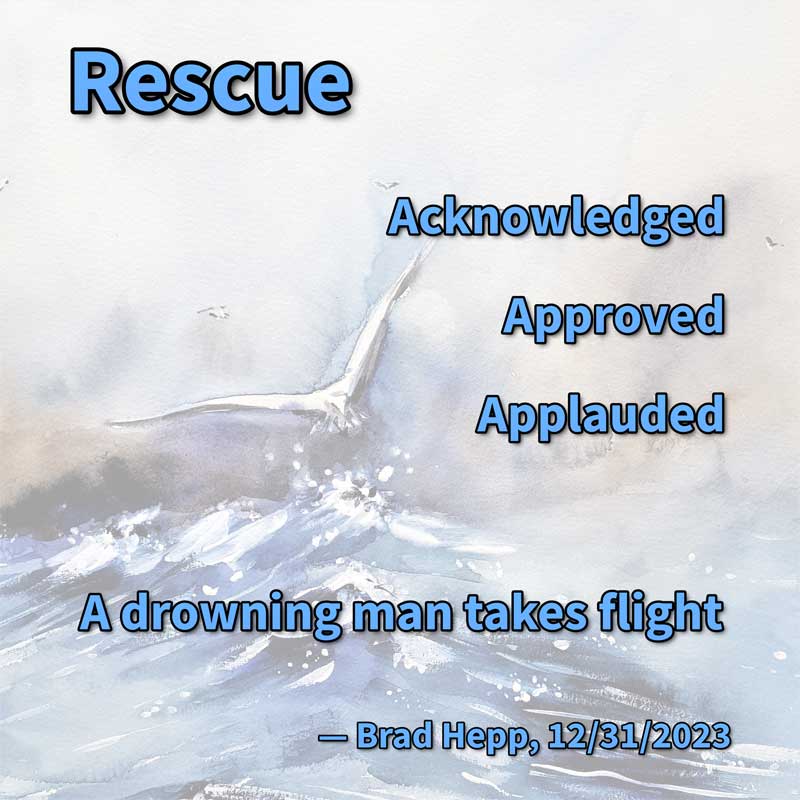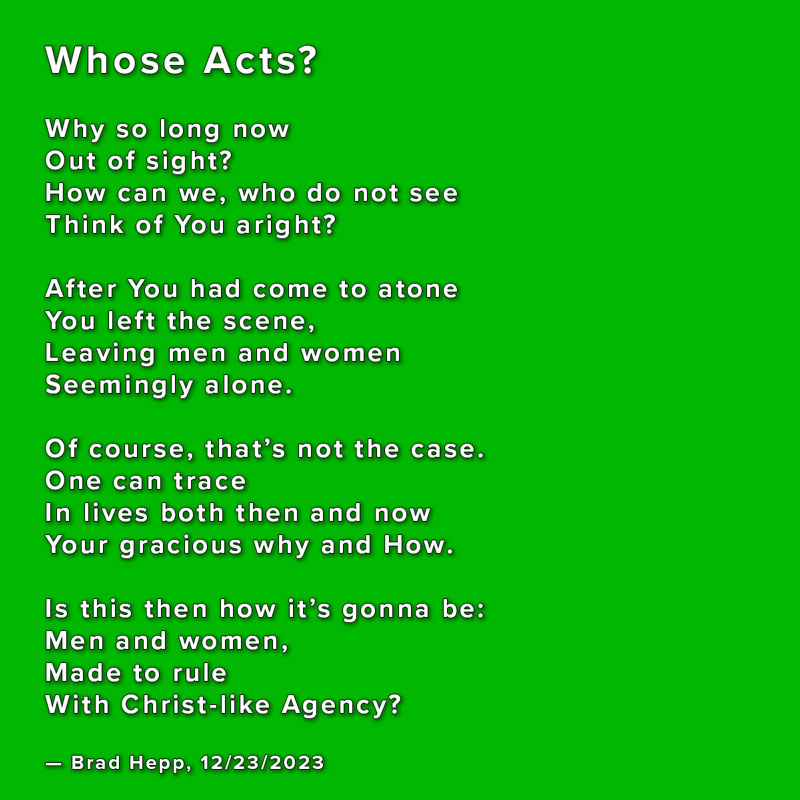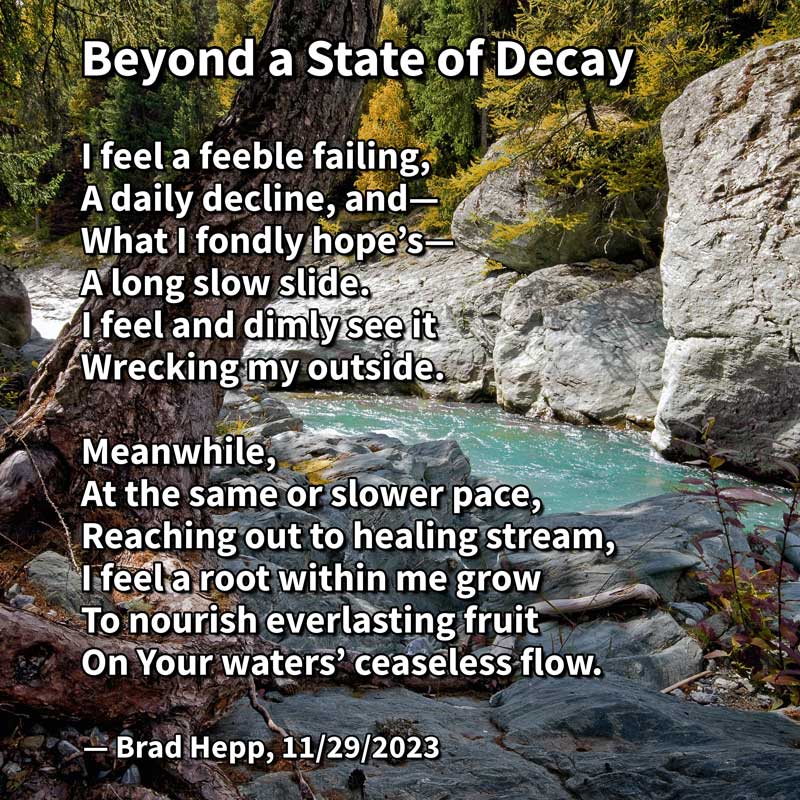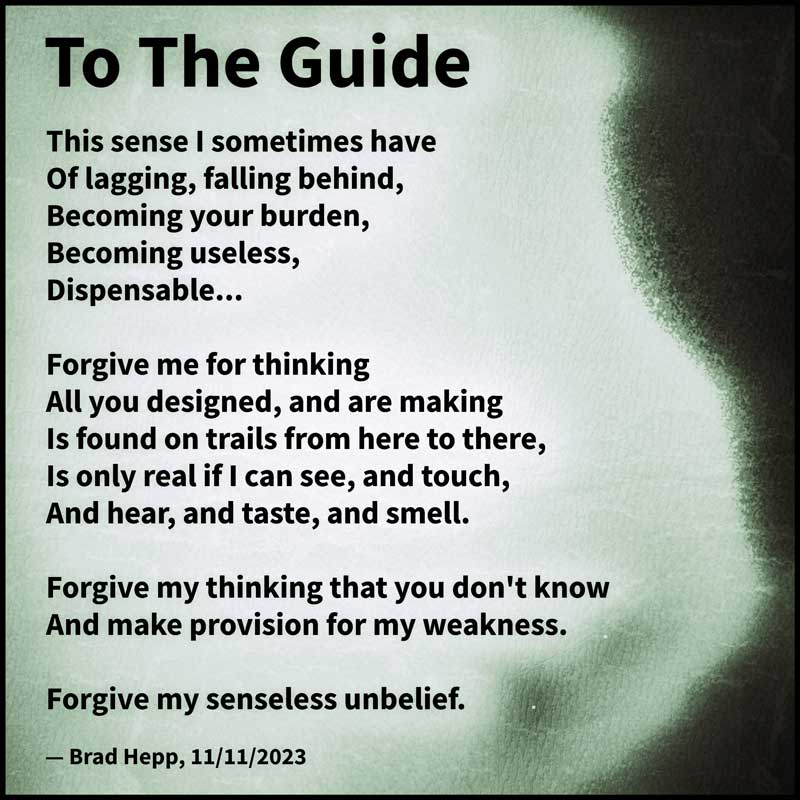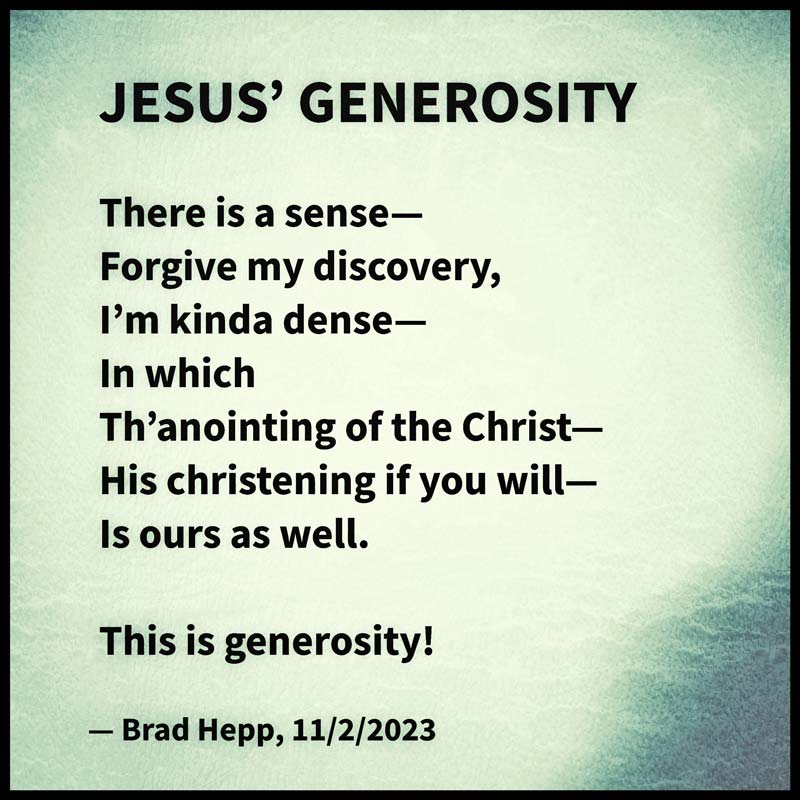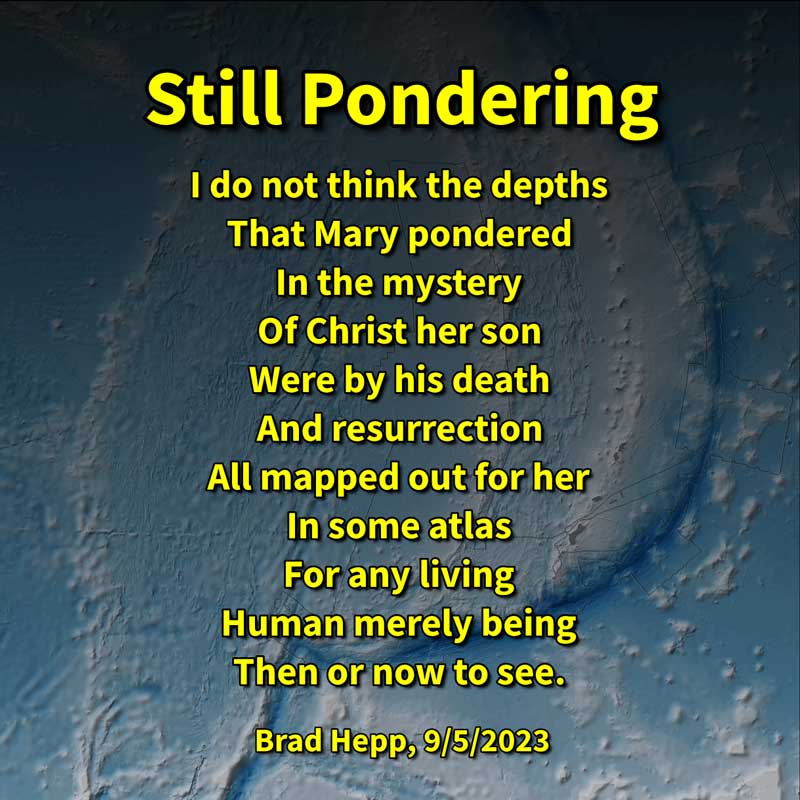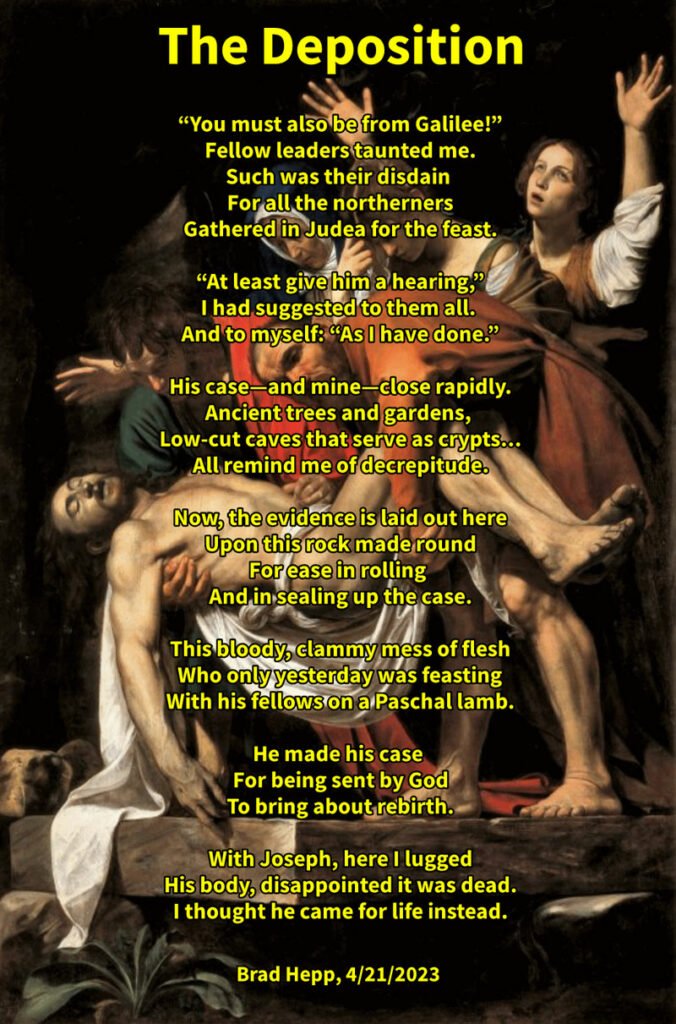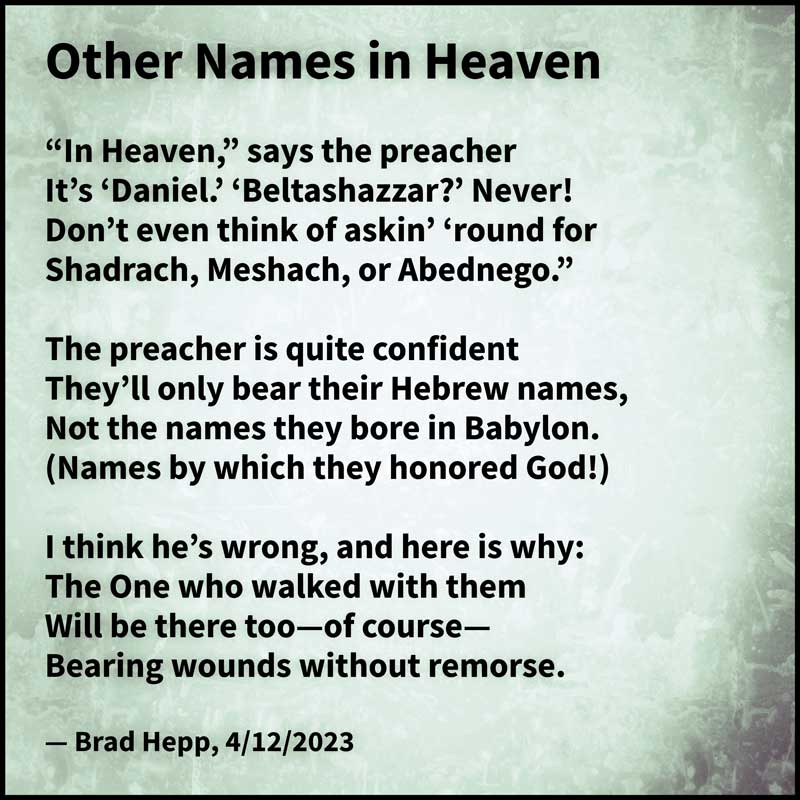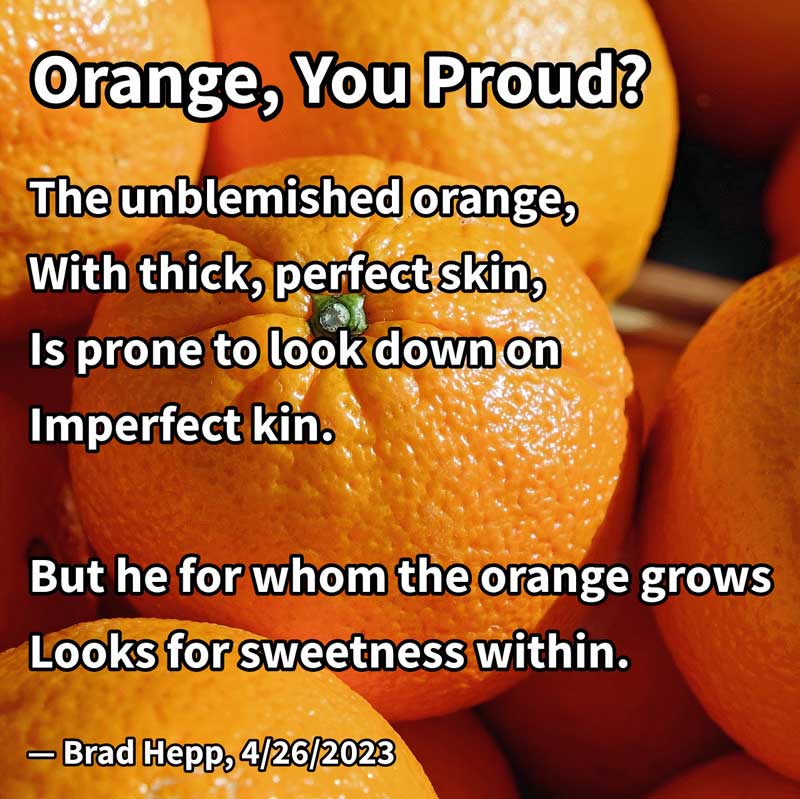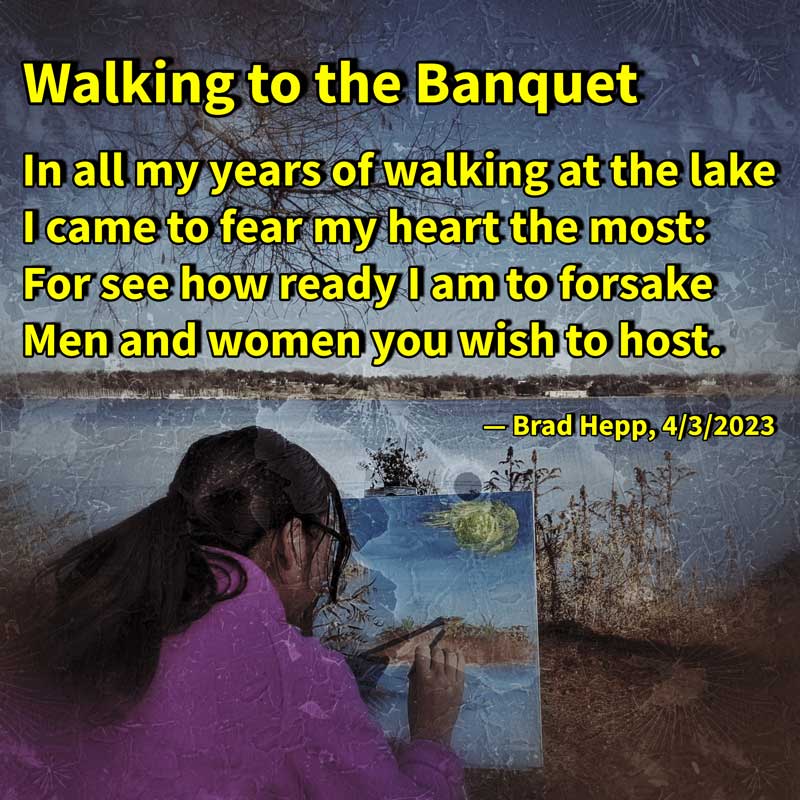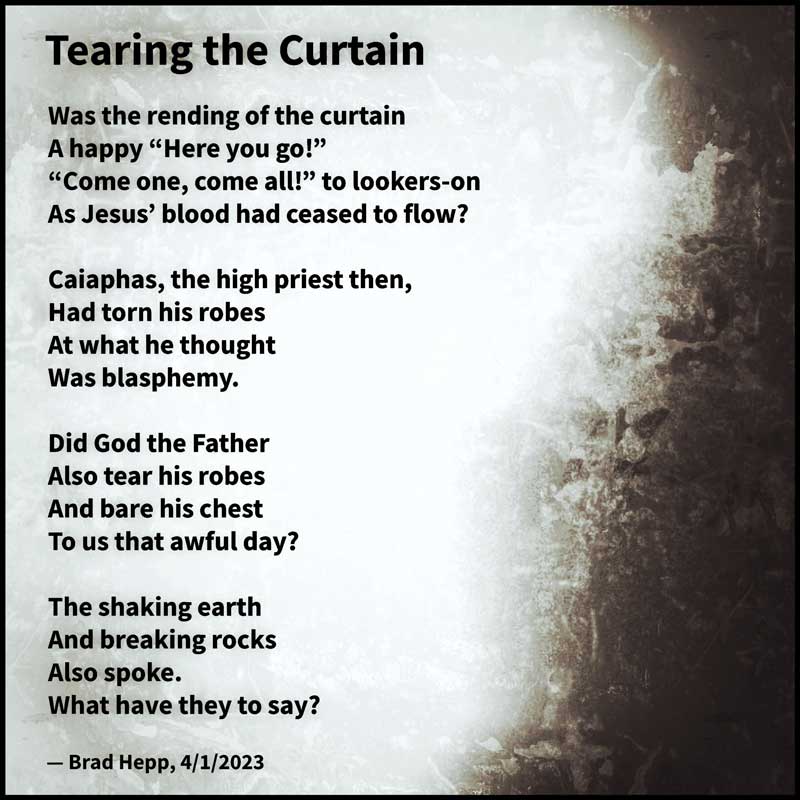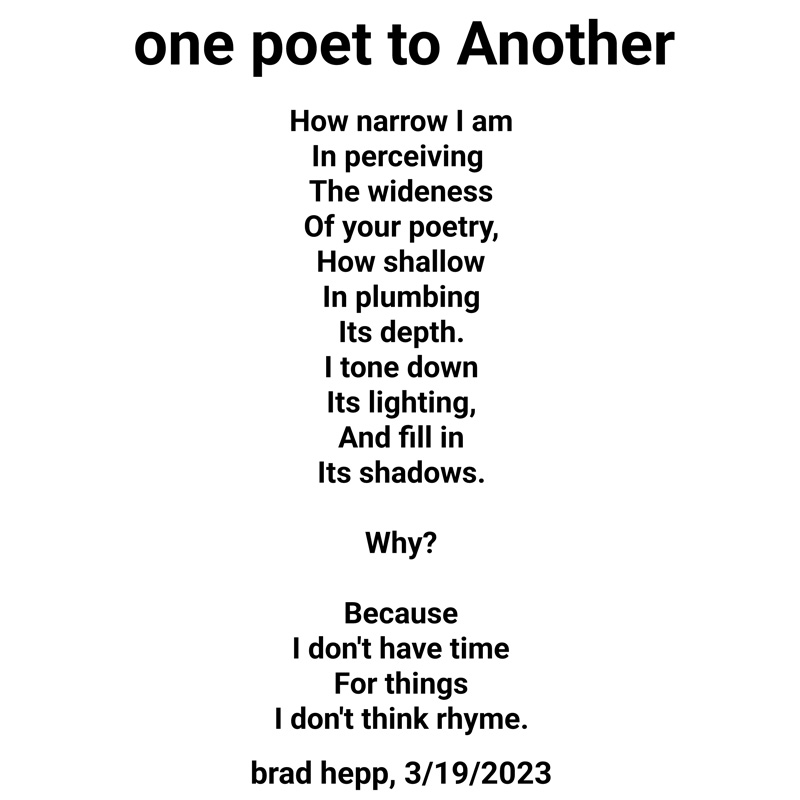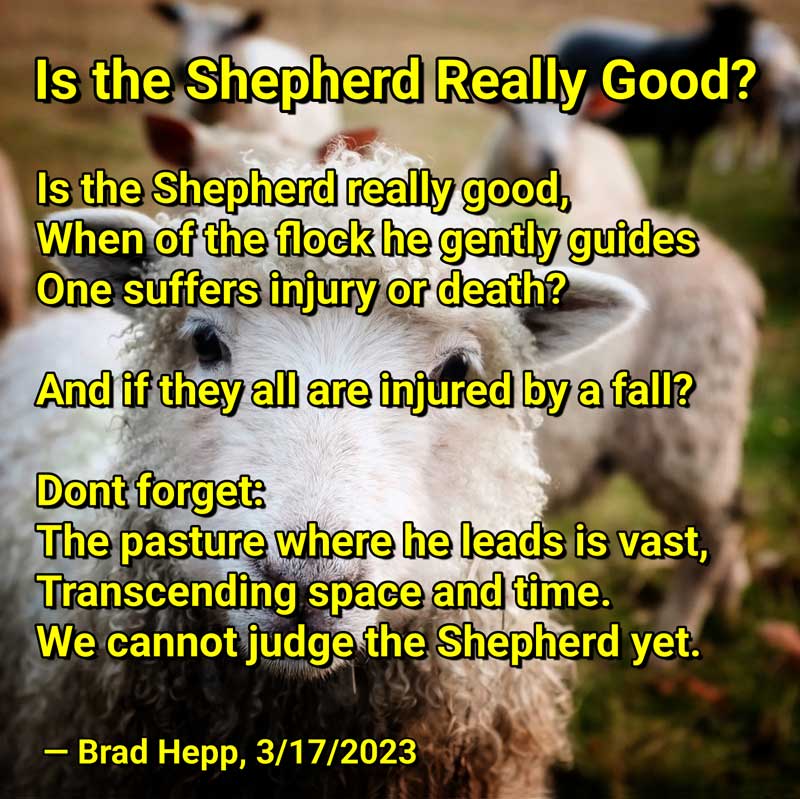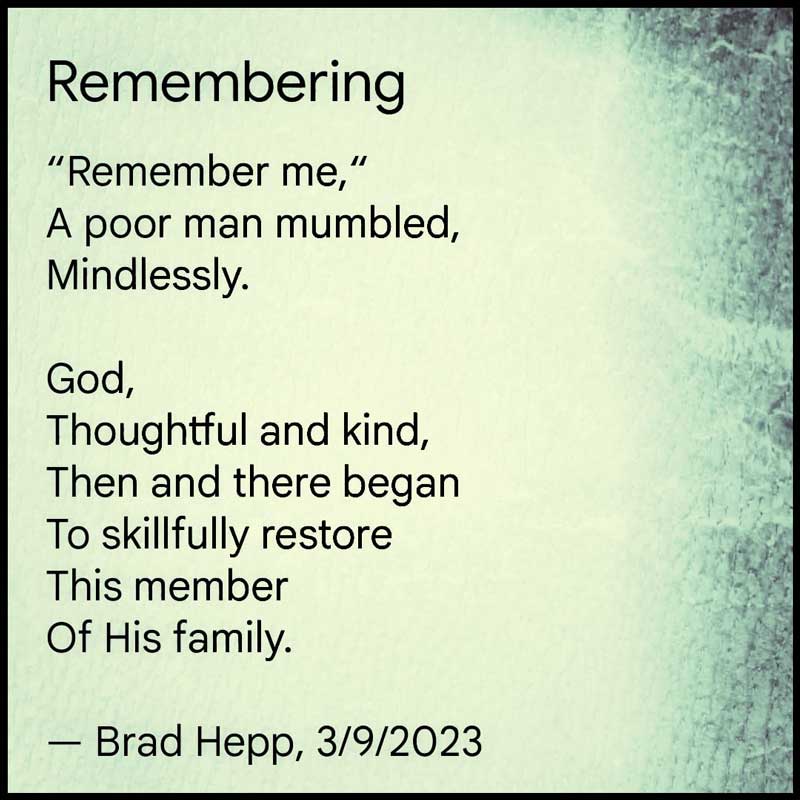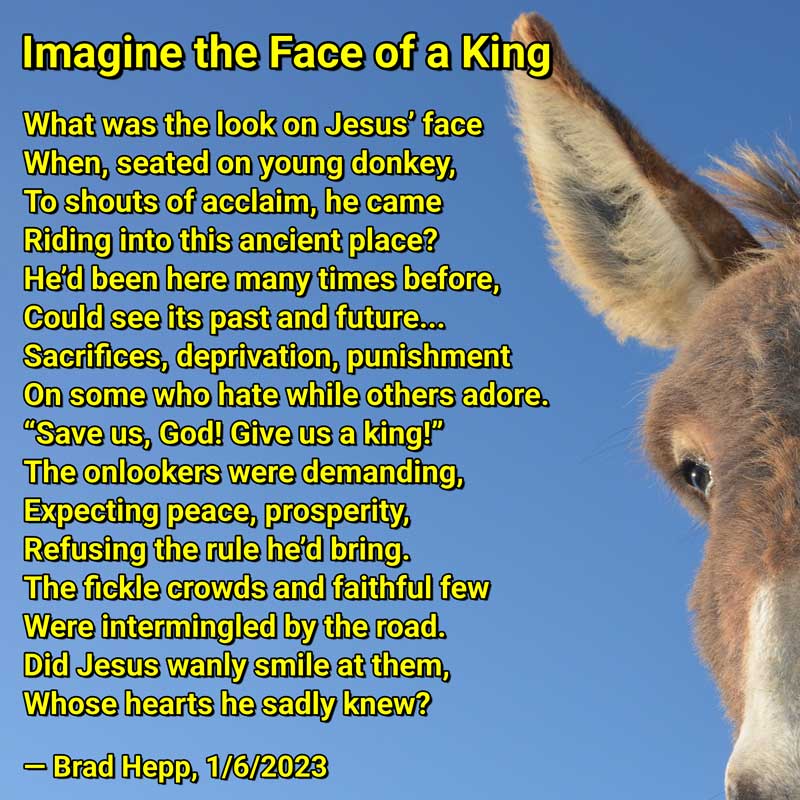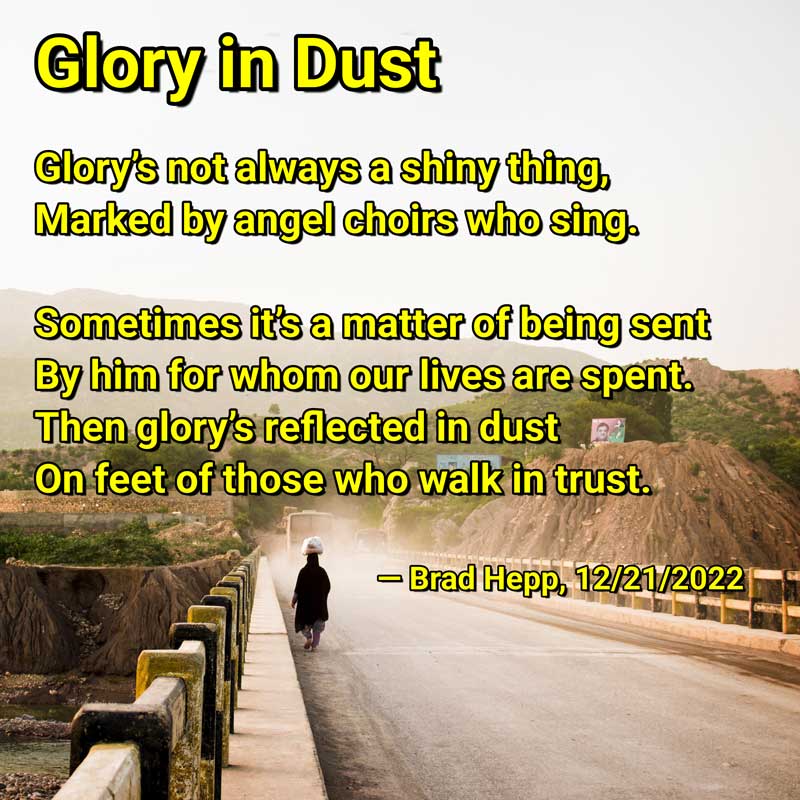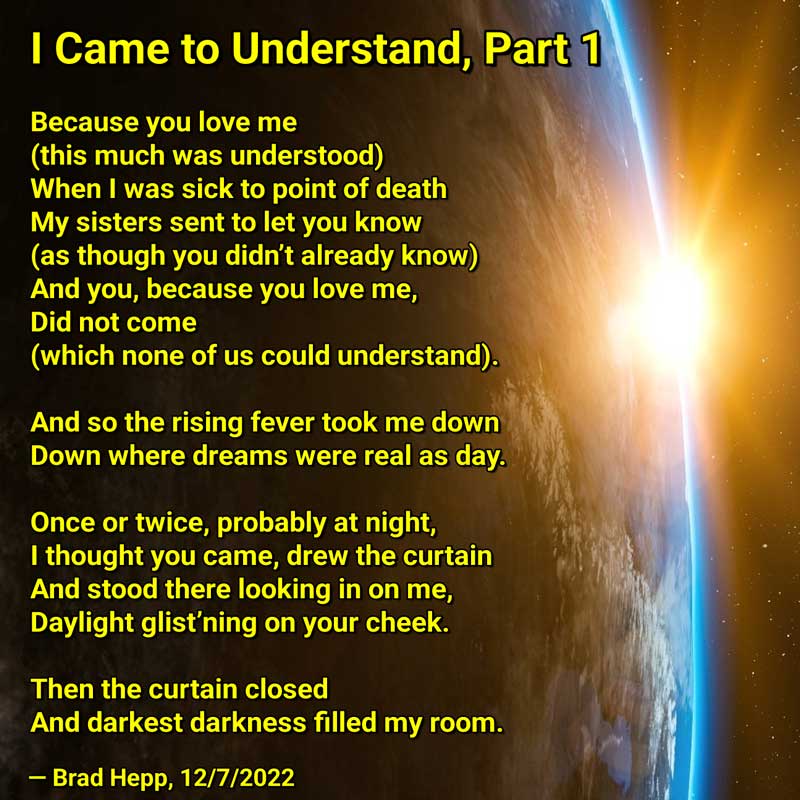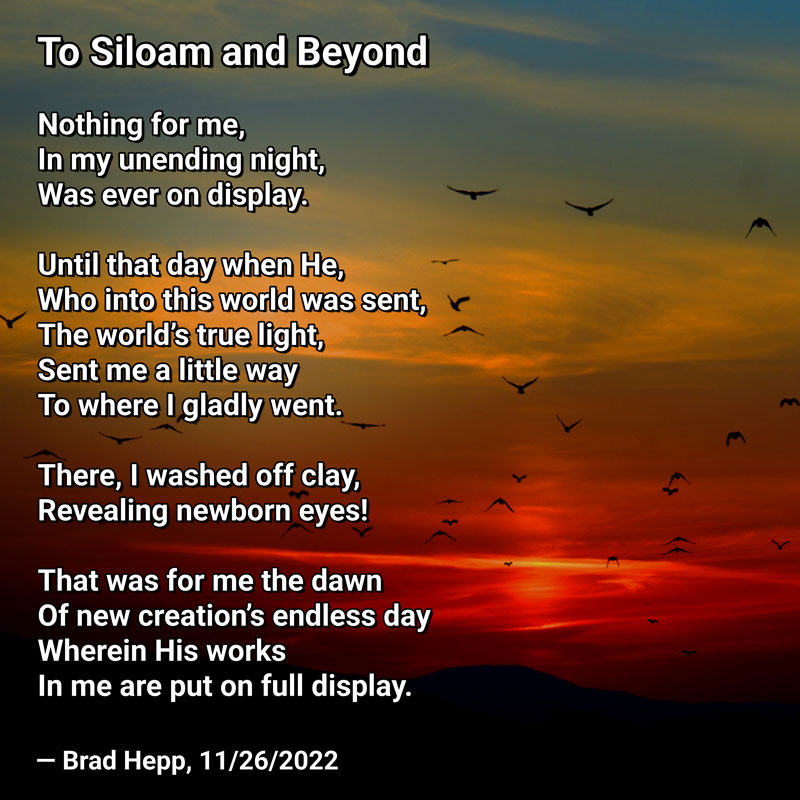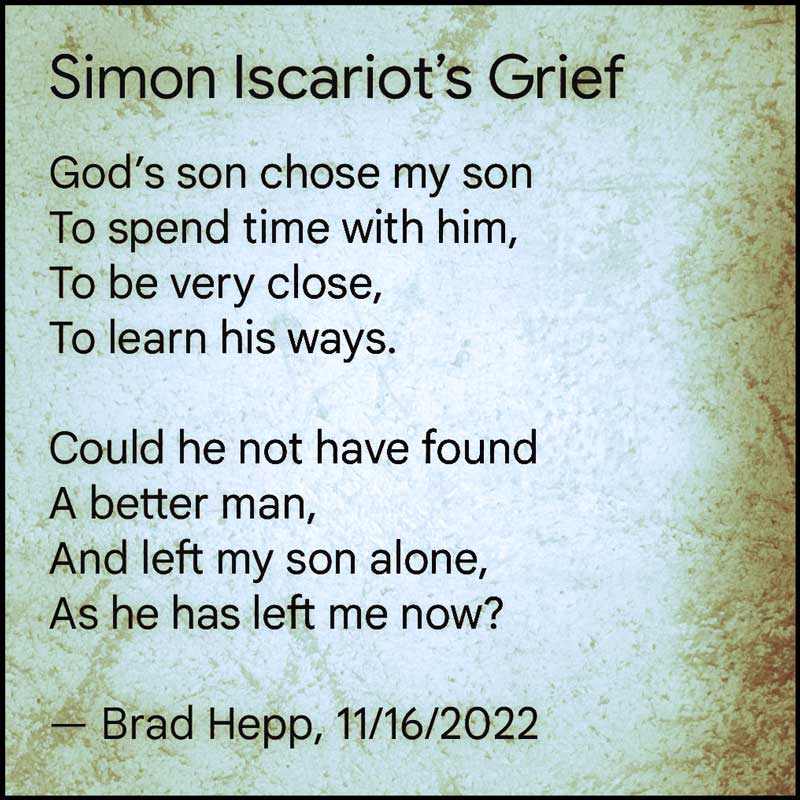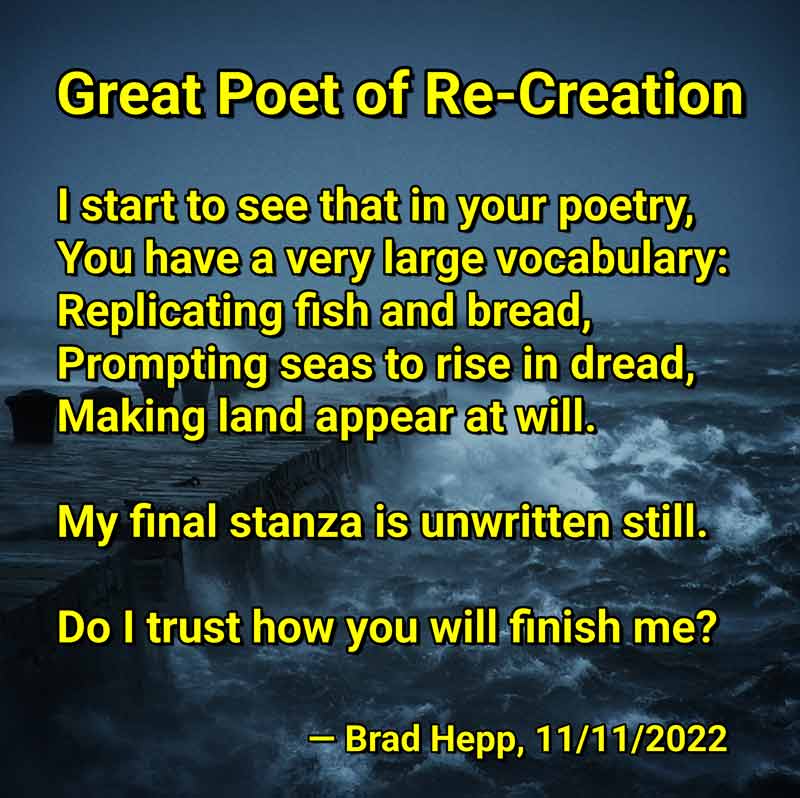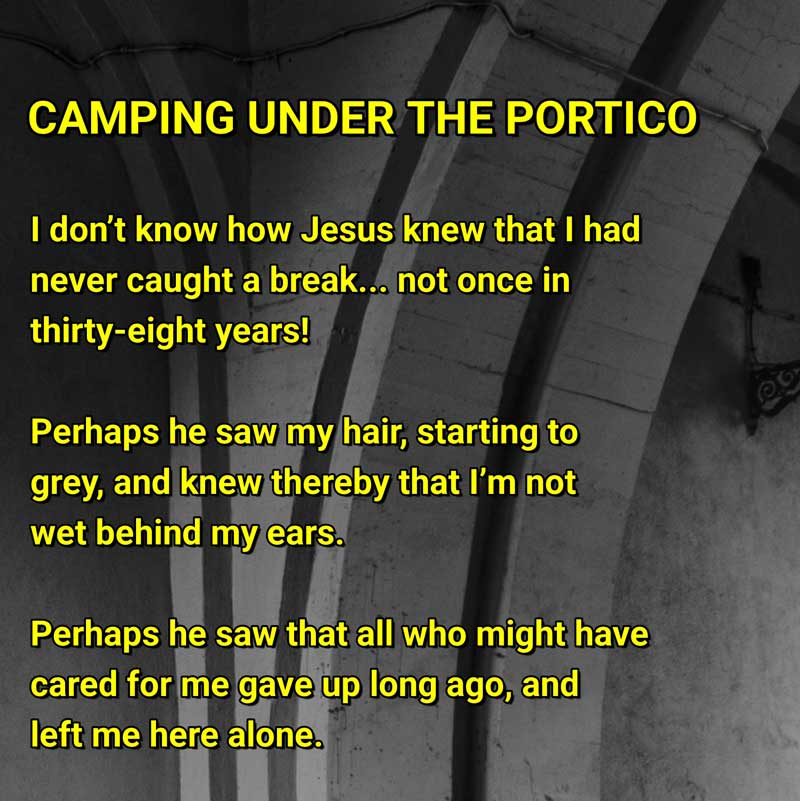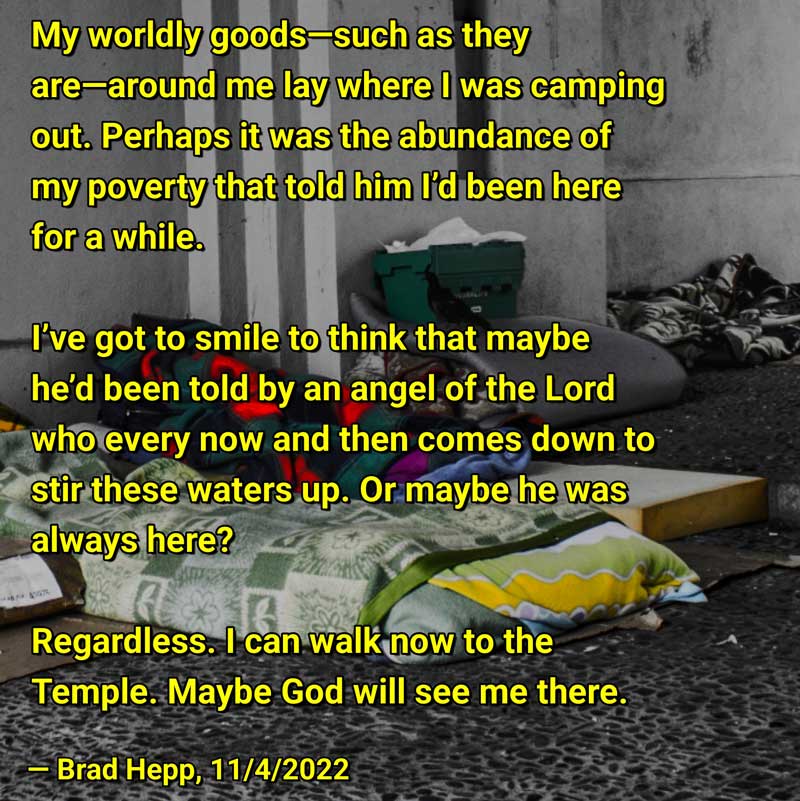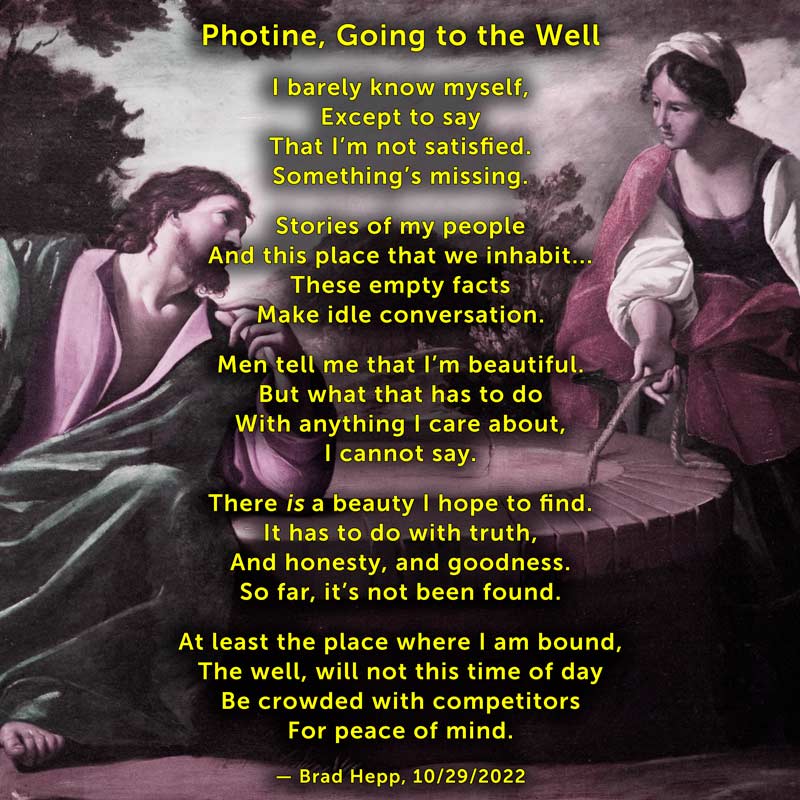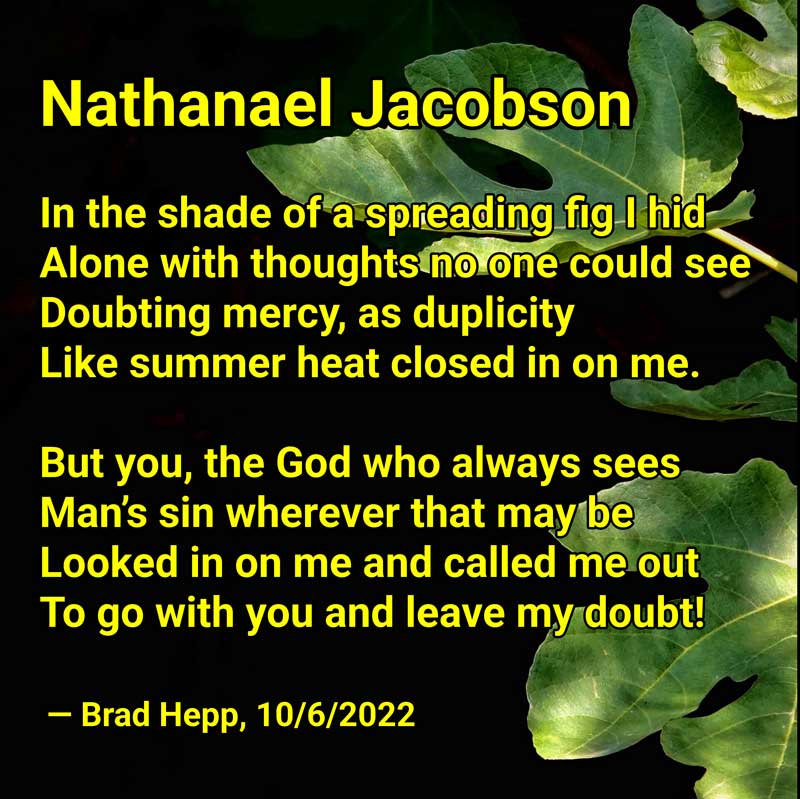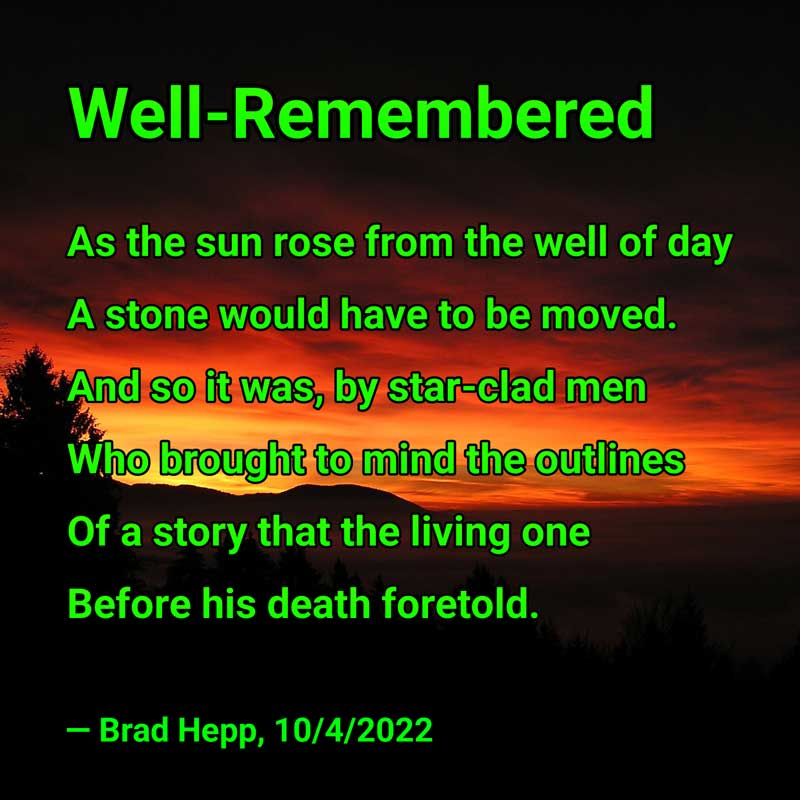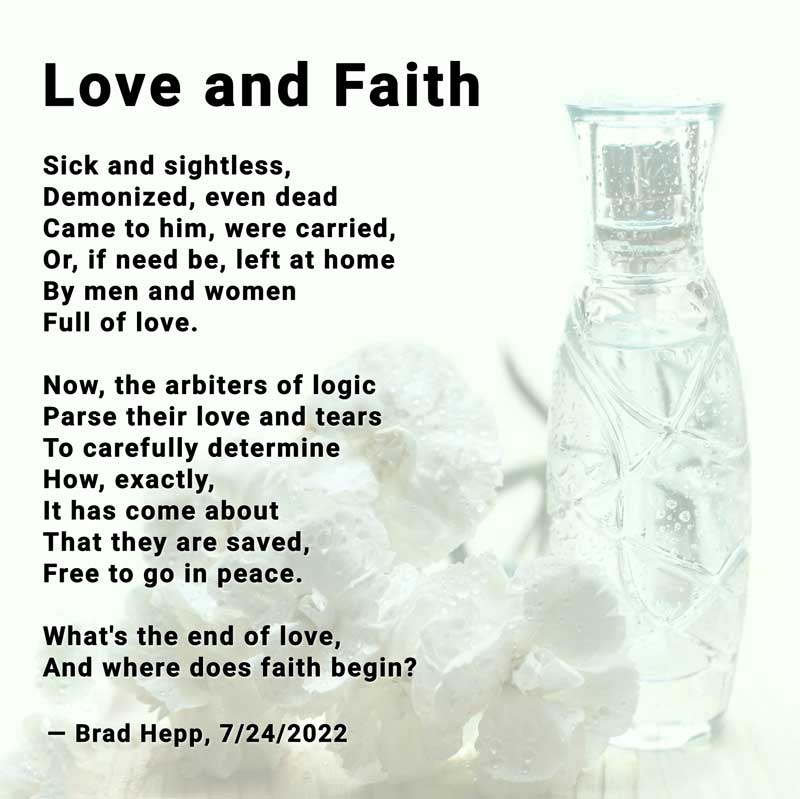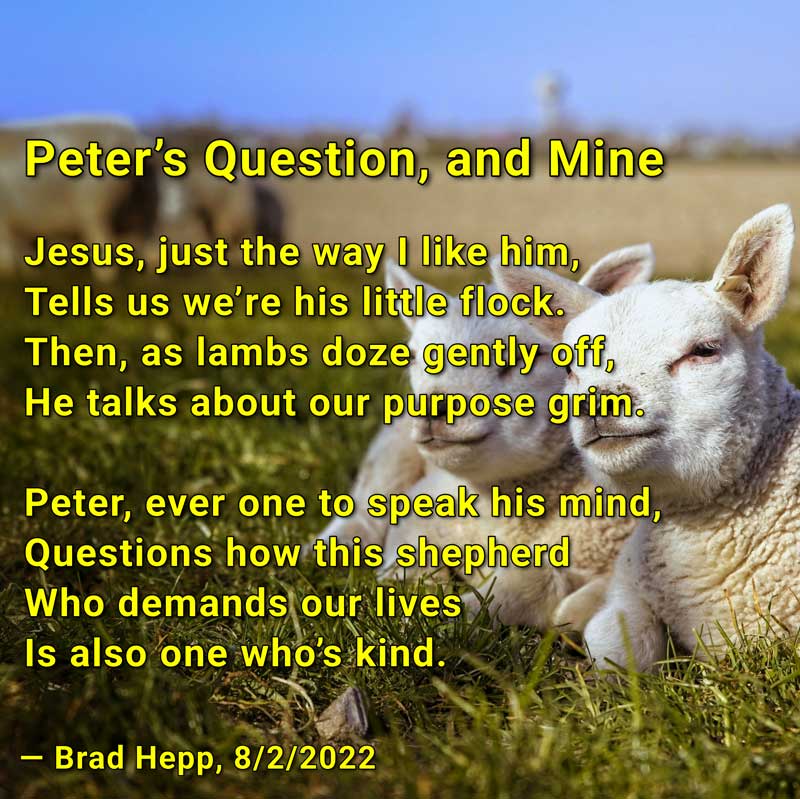(if you are viewing this via email, the website has a recording of this poem and commentary; click the title above)
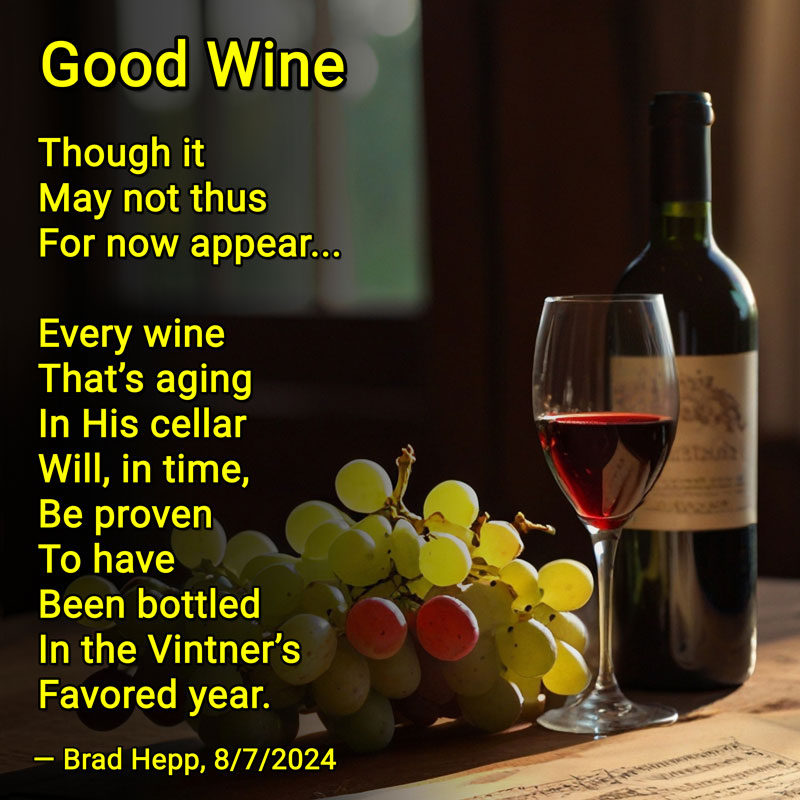
Commentary
Do you ever feel like, “God isn’t pleased with me and never will be”? I suspect that is a thought that hangs over many of us, even those who are saved through faith in Jesus Christ. Well, every now and then, I just feel like saying “Go jump in a lake” to the accuser. In plain language, I suspect that in Heaven, God will express far more pleasure with us than Satan would have us anticipate.
There are two odd, but purposeful wording choices in this poem:
1) “be proven to have been” That could easily have been “prove to have been,” which would be far easier to read! But I wanted to steer clear of any mistaken notion that the “wine” will do the proving. It’s God who will prove anything. I can imagine Him saying “Here, look at this,” or “Here taste this,” or “Consider how this servant demonstrated my goodness.”
2) “favored year” was originally “favorite year.” But then I realized that was too exclusive, which was the opposite of my intent! More than one year can be favored. When God’s the one favoring, all the years can be favored. And again, “favored” suggests the year receives God’s grace and provision, not that it earns his approval. From my reading of Scripture, “favored” is closer to reality than “favorite.”
(background image by “beasternchen” on Pixabay)
